Decoding the sustainability of a vegan diet
It was one of those days when I had no chance to escape from running errands for my mother. With a mile-long list and half a dozen jute bags, I was ready to hustle at the grocery store. Just as I was passing through the fairly cooler section of the store, the blessed ‘chilled station’, I spotted something unbelievable. Yes, I had to rub my eyes twice. A packet of what they call ‘Vegetarian Meat’ was gloriously enjoying the uninterrupted cool refrigerator breeze while I was staring at it wide-eyed. Well, I had no other option but to take out my phone and Google what this bizarre creation exactly was.
Veganism is a dietary trend that sits at the core of the ‘If you are a millennial, you have got to try this out’ movement. It has gained massive momentum over the last few years and is believed to be one of the most environment-friendly diets. If you are new to this concept, let me try my hand at explaining what veganism essentially stands for. It is a way of living where you try your best to abstain from including products that are made by exploiting and cruelly handling animals. Sounds like such a simple and peaceful way of leading a healthy life, right? But, is it sustainable? Well, we need to figure this one out together.
Elephant in the room
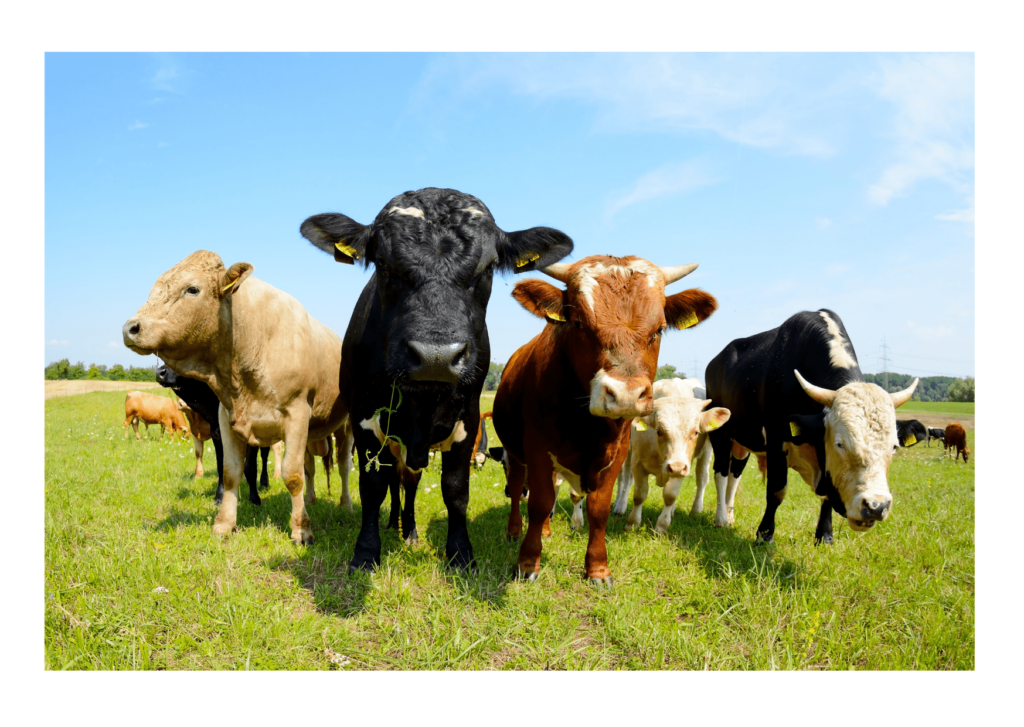
Are you an OCE? Yes, you read it right. Are you an Obsessive-Compulsive Environmentalist? If you are one, how often do you eat meat?
Recently enough, a fairly groundbreaking, a slightly hushed fact was unearthed. Raising livestock emits more greenhouse gases than the transport industry. Methane gas, produced from the digestive process of livestock, is seen to be more dangerous than the abnormally large amount of carbon dioxide produced by vehicles. It doesn’t stop there. Animal agriculture is a hefty business. The gigantic amount of resources have to be invested in raising livestock. If a cow were to produce around one gallon of milk, about 2000 gallons of water has to be used in the process of obtaining even that much milk. Very little of what they eat and drink goes into the actual production of dairy foodstuffs that we consume daily. This leaves a remarkable water footprint.
Switching to a meat-less diet might seem like a sane option after reading this. I am sure you will think twice before binge-buying meat and milk the next time.
Wait, is there a hole in your pocket?
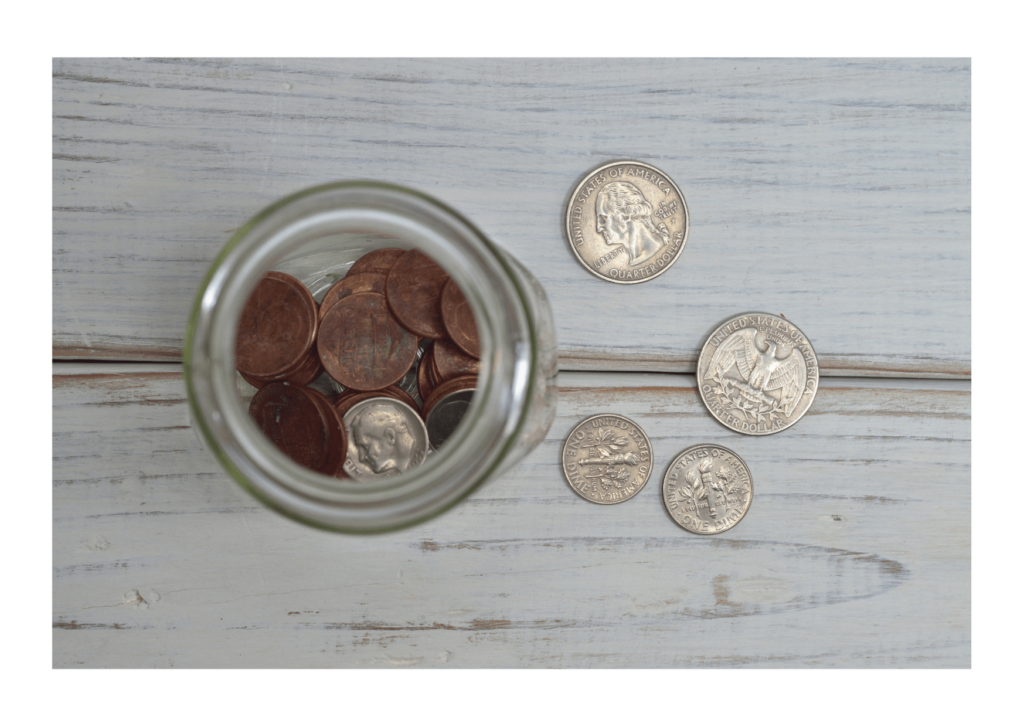
If you relate veganism with an expensive trip to the gourmet food store, then I won’t blame you entirely. A litre of almond milk ranges anywhere between ₹250-₹350, while a litre of cow milk is around ₹50. Being a regular milk-consumer, I would choose to buy a litre of cow milk any day. Almond milk surely is a costly affair.
If you open a vegan cookbook, you will come across ingredients which are exorbitantly priced and honestly, hard to find. Not all can afford such a lifestyle. To be vegan, it helps to be somewhat rich. Although Indians are ethnically more inclined towards a vegetarian diet, even then being vegan seems hard to follow.
In the end, before trying out any kind of diet, it’s better to check what it will cost you.
Math just adds up.
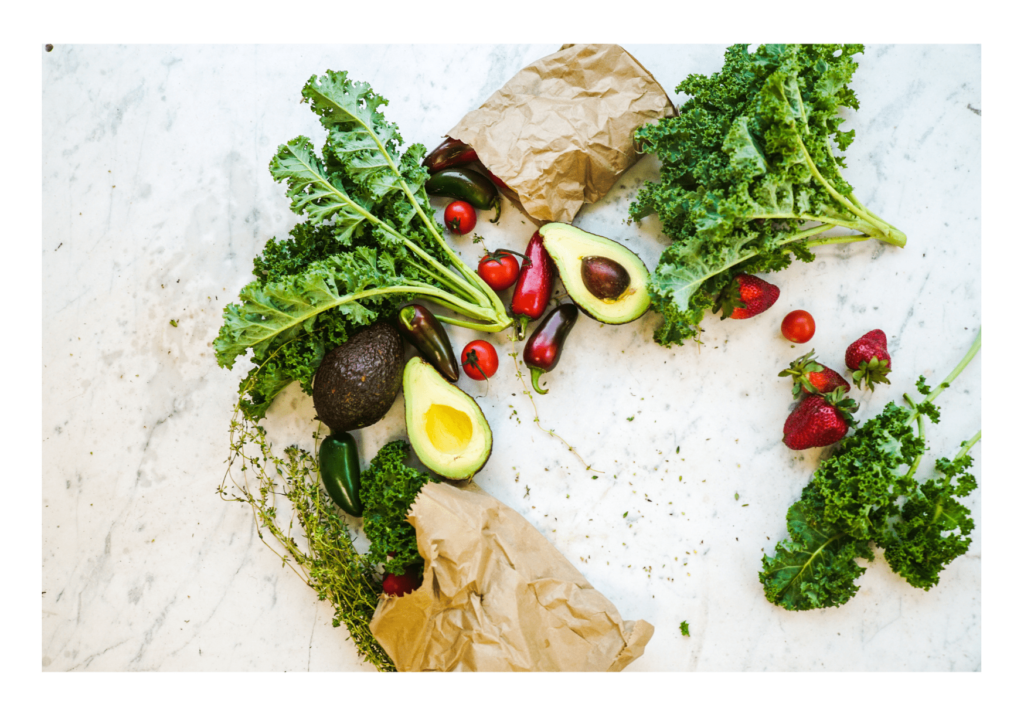
I have heard so many complain about how there’s a visible protein deficit in your diet if you switch to a vegan diet. Factually, it’s wrong. One might face issues while dealing with the protein density in a few foodstuffs, but there are substitutes for everything! All good things come in pairs, and the same applies to food products as well. One might need to dig up a bit and tie their shoelaces tight to make frequent trips to the supermarket and deepen their survey.
It is comparatively easy to habituate to veganism since greens are easily available (barring the extra special, expensive gourmet products), and one can find good enough substitutes for almost all proteins, vitamins and whatnot.
To give you an example, that is both applicable and pocket-friendly, let’s talk about tofu. One cannot categorize it into the cheese compartment or the paneer compartment. It’s a category of its own. Tofu is essentially a condensed form of soymilk which is pressed into solid white blocks by using a process similar to that of cheesemaking. Tofu is high in proteins and consists of all essential amino acids that your body needs. It also comes with an extra surprise. Tofu has been found to contain fats, carbohydrates, and a huge array of vitamins and minerals! Now, the next time you know what to do when you cannot use paneer or cheese in your recipe. You gotta tofu it up!
Every second counts!
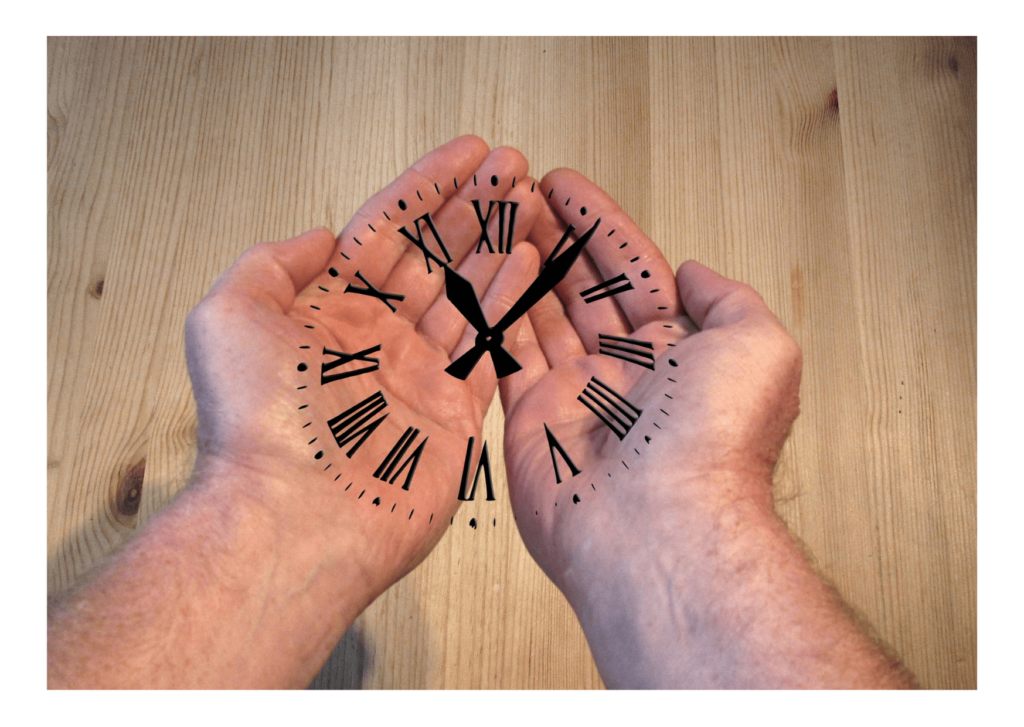
We live in a fast-paced world, and we resort to time-efficient ways of getting things done. For any person, worrying about how much time they will spend in filling their gut is the last thing they plan to do. The bitter side of following a strictly plant-based diet is that it makes you hunt the markets to find dairy-free and animal cruelty-free products.
Sustainability is a whole package in which time and money play the lead roles. If one has to spend so much time scratching their head just to figure out what they want to eat for dinner and where they will find it, the sustainability of the entire deal comes into the picture. You are forced to question it.
Being the apparent ‘superbeings’, I am sure finding a way out of this fix will be a smooth ride for us; nonetheless, time is a major factor that should be considered.
Live and let live!
Now, coming to a slightly sensitive and a stereotypical defence line. Most us think twice even before killing a cockroach. Torturing and exploiting a living soul is one of the biggest crimes one can ever commit. Morality slides into the scenario, and a person who loves to eat meat is also left speechless.
The entire makeup industry used to thrive on little bunnies. Rats met with the same fate. Well, times are changing. There has been an increase in the percentage of people switching to animal cruelty-free makeup and clothing. If one spends more time on Google, they will come across so many companies selling PETA approved cosmetics. Vegan products are the new big thing in the market!
I can definitely imagine me wearing a lab-grown leather jacket to college!
Shall we wrap it up?
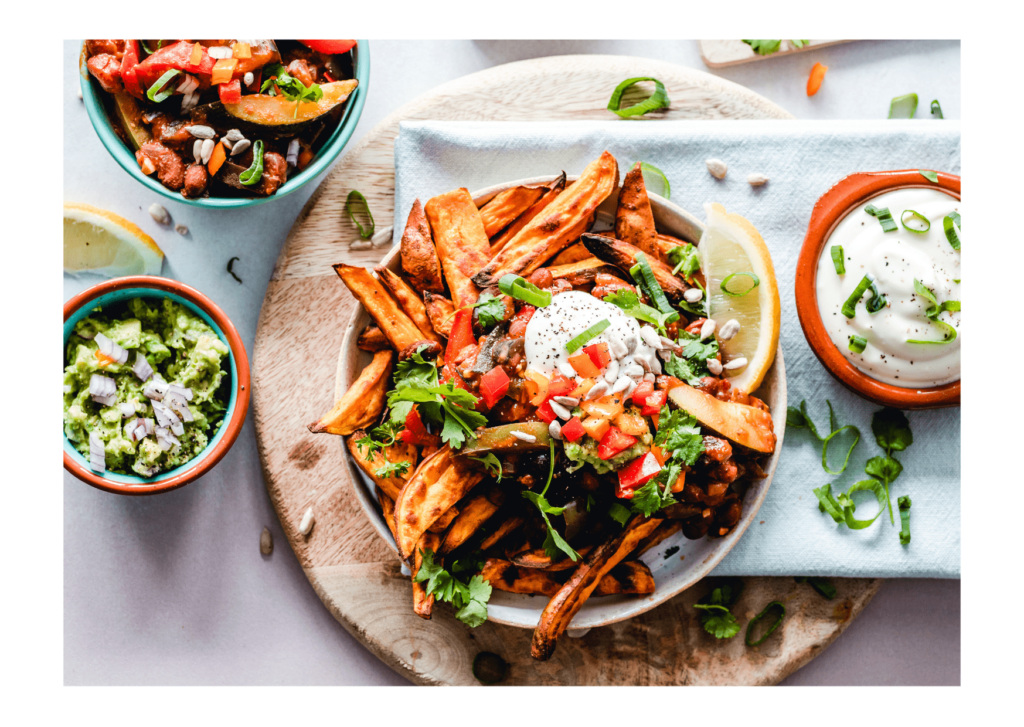
Choice plays the biggest, and one of the most important roles in this debate of ‘to be or not to be’. Following a specific way of living life that is different than what the usual routine used to be is a huge step, and a tough journey to keep up with. Respecting a person who even dares to do it is the only expected form of response. Respect others and their choices.
If you can keep up with a vegan diet, then I say, go for it! If you cannot. Well, no worries. Try toning down your meat consumption maybe. Eat your greens! The long lunches as a wary four-year-old unable to finish the haphazardly lying peas and carrots are going to come in handy!
Listen to your body. At the end of the day, your body knows your demands way better than anyone else. Every person has a different body make-up, and your body reacts differently to what you put in it. Food should not only keep your health in check but also ensure holistic mindfulness and stability in your day-to-day activities.
Stay safe and healthy!
Author:

Urja Kuber
Co-Founder at The Science Paradox
